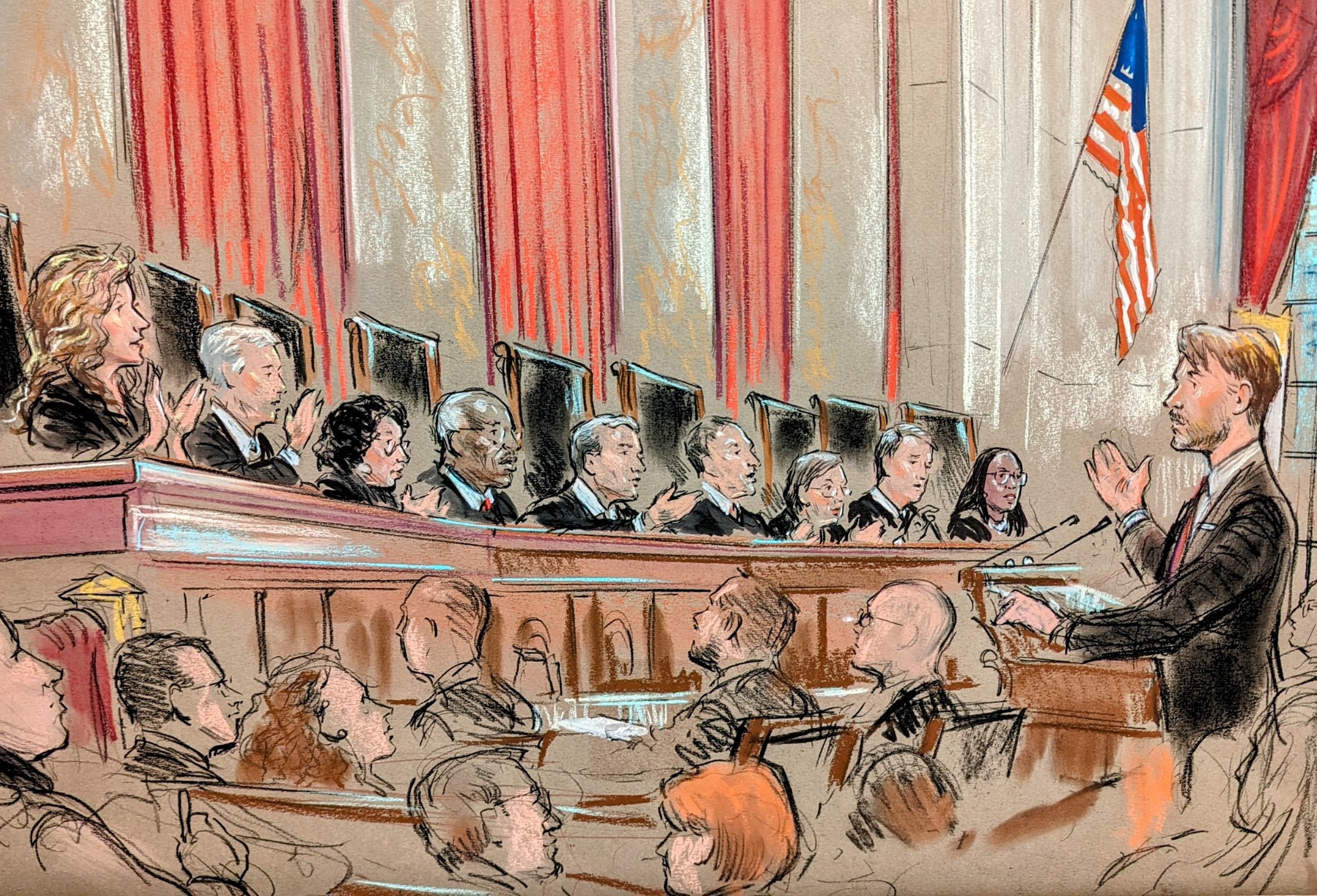 SCOTUSblog
SCOTUSblog By Amy Howe
The Supreme Court on Monday appeared skeptical of a pair of laws in Texas and Florida that would regulate how large social media companies control content posted on their sites. During nearly four hours of arguments, several justices suggested that the laws violate the First Amendment because they infringe on the ability of companies like Facebook and YouTube to make decisions about the content that appears on their platforms. But at the same time, the justices expressed concern about the posture in which the companies’ challenge came to the court, suggesting that it could prevent them from weighing in on the Florida law in particular.
Both laws were passed in the wake of the Jan. 6, 2021, attacks on the U.S. Capitol in response to a belief that social media companies were censoring their users, especially those with conservative views. The laws contain provisions that limit the choices that social media companies can make about which user-generated content to present to the public, and they also contain provisions that require social media platforms to provide individualized explanations to users about the platforms’ editorial choices.
Two trade groups representing social media platforms went to federal court to challenge the laws. The U.S. Court of Appeals for the 11th Circuit blocked Florida from enforcing most of the law, while the U.S. Court of Appeals for the 5th Circuit upheld the Texas law. The Texas law is not currently in effect, however, because in 2022 the Supreme Court barred the state from implementing it while the challenge continued.
At Monday’s argument, Florida Solicitor General Henry Whitaker emphasized that social media platforms are simply “in the business of transmitting their users’ speech” and “do not have a First Amendment right to apply their censorship policies in an inconsistent manner and to censor and deplatform certain users.”
Representing the trade groups, Paul Clement countered that, “given the vast amount of material on the Internet in general and on these websites in particular, exercising editorial discretion is absolutely necessary to make the websites useful for users and advertisers.”
U.S. Solicitor General Elizabeth Prelogar agreed with Clement, telling the justices that – like newspaper editors and parade sponsors – social media platforms are protected by the First Amendment. And although that does not mean that social media platforms are “immune from government regulation,” she continued, “[t]hese state laws which restrict the speech of the platforms to enhance the relative voice of certain users don’t withstand constitutional scrutiny.”
Justice Elena Kagan was one of several justices to question the constitutionality of the Texas and Florida laws, especially as they would apply to large social media platforms like Facebook, YouTube, and X (formerly known as Twitter). Why, she asked Whitaker, “isn’t this a classic First Amendment violation,” when the state is preventing the platforms from making their own editorial judgments.
Whitaker pushed back, arguing that the platforms’ moderation of the content on their sites is not speech protected by the First Amendment at all…
READ FULL ARTICLE HERE… (scotusblog.com)
Home | Caravan to Midnight (zutalk.com)







Be First to Comment